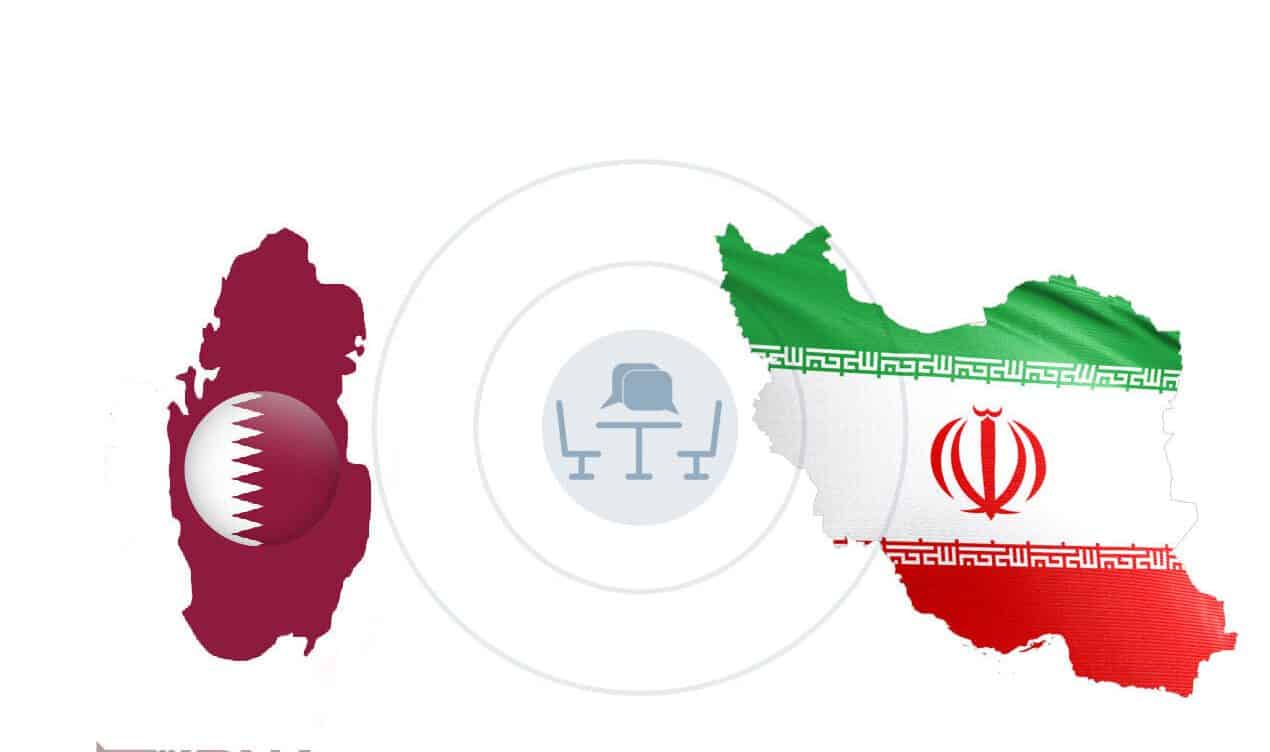The oil ministers of Iran and Qatar will discuss gas swap, common stances in the global market and forming a joint study group on the sidelines of the upcoming GECF in Doha, an informed source in Iran’s Oil Ministry told IRNA.
The Gas Exporting Countries Forum will be held next week in Qatar and the Iranian oil minister will meet his Qatari counterpart on the sidelines, IRNA quoted a source to have informed its correspondent.
The two ministers will discuss gas swap, common positions in gas trade and global markets, and establishing joint knowledge-based companies in the field of oil and energy, according to the source.
The oil ministry source also said that they are expected to discuss forming a joint working group to study the reservoir of South Pars gas field.
The source also noted that training human resources and exporting Iran’s technical, engineering services to Qatar will also be included in the two ministers’ discussions.
The GECF consists of Algeria, Bolivia, Egypt, Equatorial Guinea, Iran, Libya, Nigeria, Qatar, Russia, Trinidad and Tobago, Venezuela and Oman that produce 42 percent of world’s gas and possess 70 percent of the global gas reserve.
The organization also operates 38 percent of global gas pipeline transit and 85 percent of global LNG trade.








